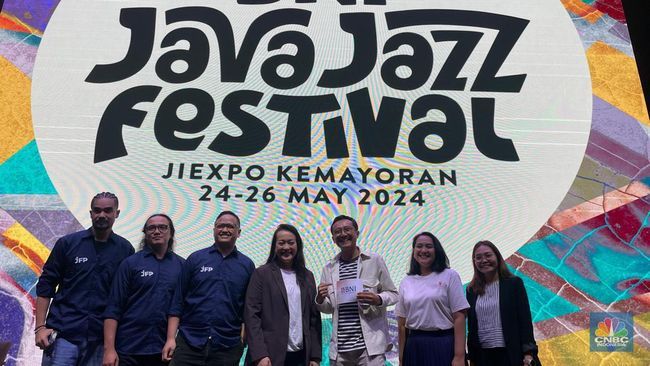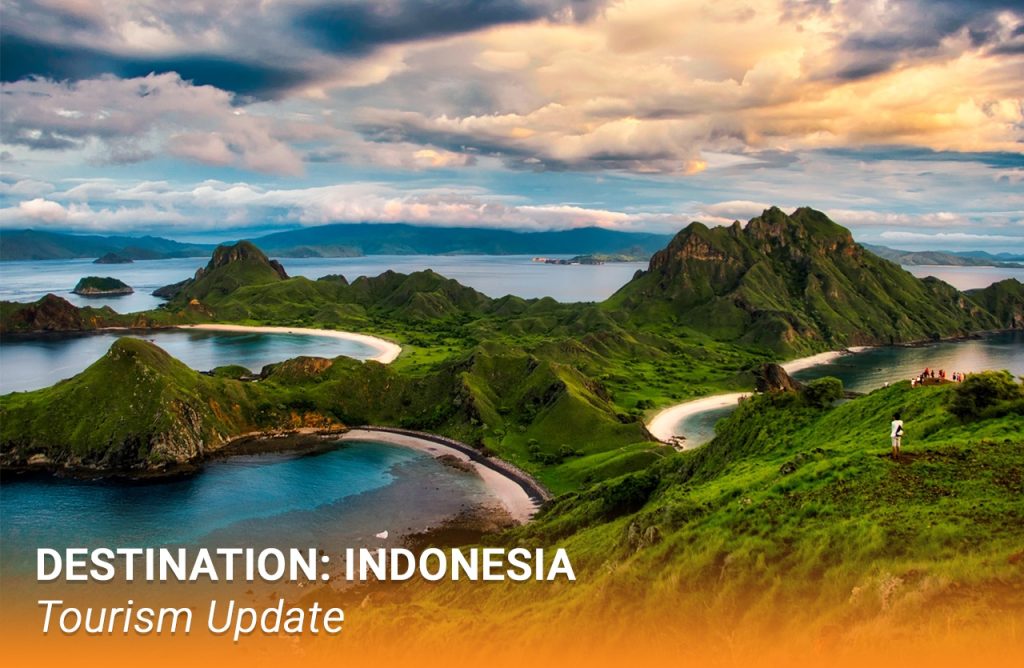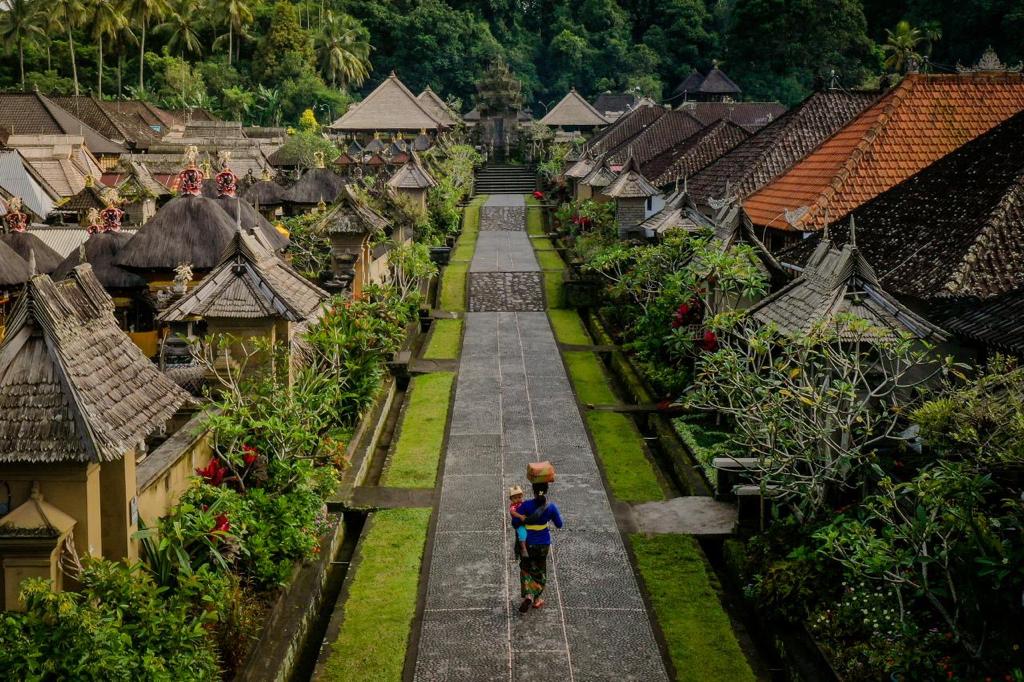
With its amazing landscapes, warm weather and tourism infrastructure, Indonesia makes the ideal host for elite-level sporting events. Now, with support from the government, NGOs and the private sector, the country is looking to bring its many wonders to a wider audience of travelling sports fans.
Recent events held in Indonesia include the 2022 Mandalika MotoGP and the 2023 FIBA Basketball World Cup. The nation will also host the U-17 FIFA Football World Cup from 10 November to 2 December 2023. And the boom in sporting events means big business for the country’s tourism sector.
According to Tourism and Creative Economy Minister Sandiaga Uno, last year’s Mandalika MotoGP alone contributed Rp4.5 trillion (around US$292.8 million) to the industry. Hotels and restaurants in Lombok saw a 22.29 percent increase in accommodation, food, and beverage receipts around the time of the Moto GP, while the transportation sector witnessed a similar uptick in customers (15.36 percent) due to the event.
Although the Lombok GP was a huge success, experts have predicted the upcoming U-17 FIFA World Cup could be even bigger. An economist from the Institute for Development of Economics and Finance recently stated that tourism turnover associated with the competition could reach Rp1.02 trillion (US$66.40 million).
But visitors don’t need to be Leo Messi or Marc Márquez to enjoy sports in Indonesia. The country is attracting large numbers of international holidaymakers looking for health and wellness experiences on their travels. From running and cycling to surfing, golf, mountaineering and diving, Indonesia offers a playground for those with a love of activity in the great outdoors.
One of the most popular events is the Borobudur Marathon, which attracted around 4,600 participants last year. In addition to the race itself, participants enjoyed scenic views and sampled local culinary specialties, along with visits to the spectacular Borobudur Temple and its surrounding museums and art galleries.
Back in 2021, Indonesia’s Ministry of Tourism and Creative Economy projected sports tourism value to grow to Rp18.79 trillion (around US$1.22 billion) by 2024. They have since been working to harness this potential, by including various sporting activities in the Wonderful Indonesia Calendar of Events (CoE).
This nationwide drive to create sporting events has been supported by a government commitment to build new infrastructure, including venues, training facilities, tourism connectivity and the associated economic frameworks needed for success. Now with visitor numbers rising, and the events infrastructure in place to welcome them, Indonesia is ready to go for gold in the field of sports tourism.





